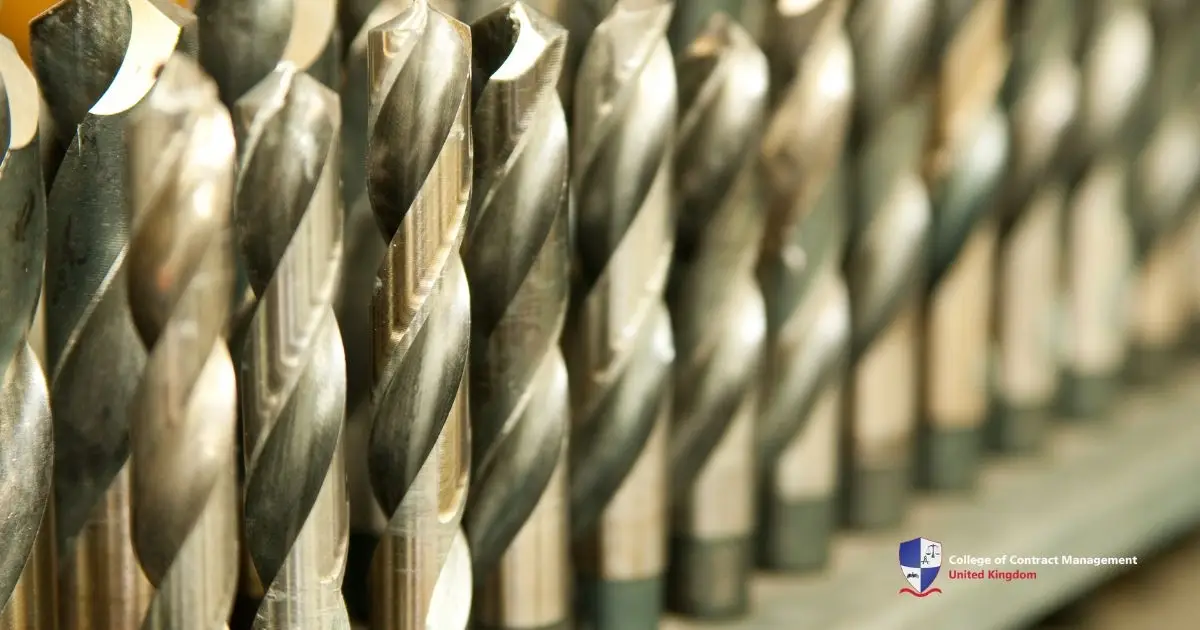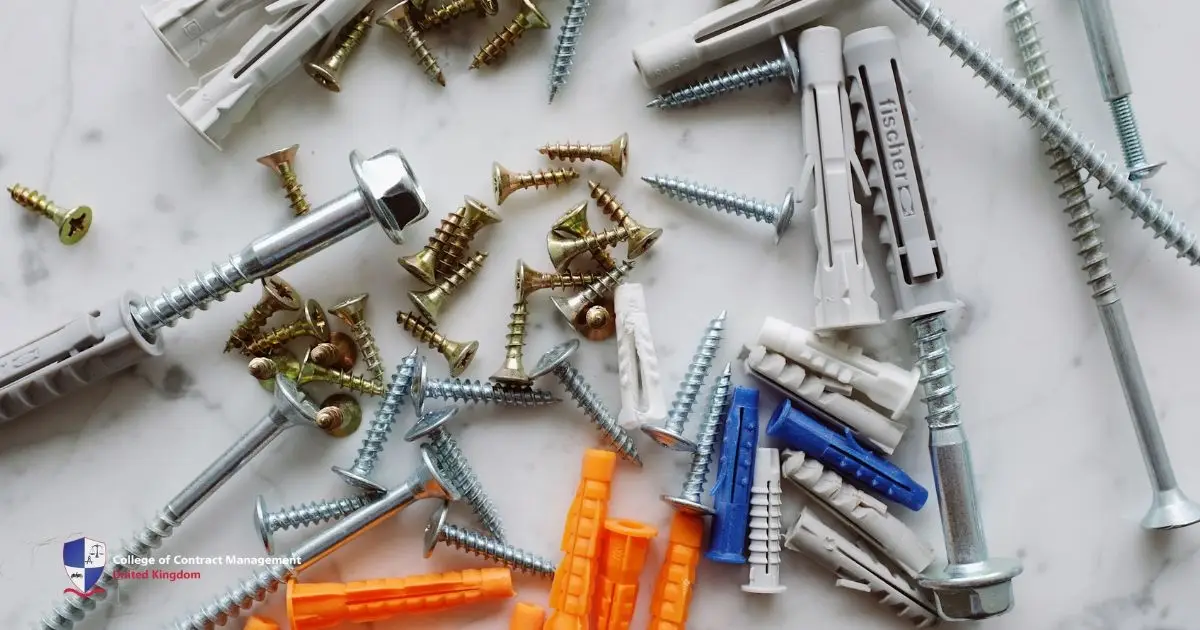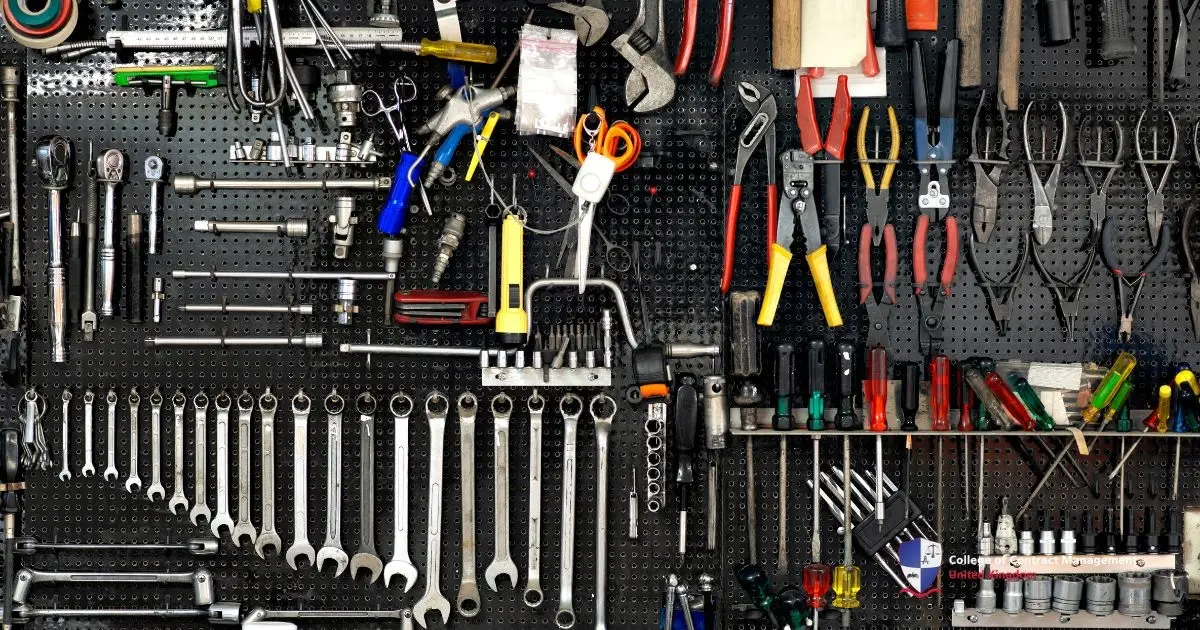In engineering, drilling with proper tools is mandatory. This is because their job needs precision and durability. Engineers usually deal with different materials. Therefore, they need tools that are precise and built to last longer. With this in mind, choosing the right drill bit set is crucial to help them work efficiently.
In this guide, we'll break down the top-rated drill bit sets that are perfect for different engineering tasks. We'll look at the common types of drill bits and examples of the set. Besides, we'll give tips on how to choose the right set for drilling. In the end, engineers can understand their needs to get their job done.
What is a drill bit set?
A drill bit set is a collection of various drilling bits. These sets come in different types and sizes. What makes them more special is that the bits come with a case to store them. Engineers use these bits to work with different drilling tasks across different materials. For instance, wood, metal, plastic, and masonry. Some sets also feature speciality bits like step bits, hole saws, and countersinks.
Drill bit sets are essential tools for all tasks, not to mention engineering. They are convenient, so we don't need to buy individual bits for each project. Besides, a variety of bits helps us choose the right one for each task. We can find these sets at major retailers. They offer a wide range of options, from basic sets to comprehensive collections with up to 100 pieces.
Common drill bits for engineers
When working on projects, engineers must have the right drill bit set. This is important because those sets help them get their job done efficiently and accurately. The first thing to remember is that the bit must match the material they're working on. If engineers use the wrong bit, they can damage both the materials and the bit. Therefore, it's important to learn the types of drill bits for engineering.
There are different types of drill bits for different materials and tasks. Each bit is suitable for specific materials. For instance, wood, metal, and plastics. Knowing which drill bit to use for each task helps engineers get the best results. In this section, we will explore the different types of drill bits.
Twist bits
Twist drill bits are the most common drilling tools for different industries. This drill bit set is available in a range of sizes and coatings to suit different applications. They are widely used in construction sites, woodworking shops, and home projects. This bit has a cylindrical shape and spiraling grooves called flutes. These flutes help remove materials to create a perfect hole.
Brad point bits
Brad point drill bits are tools for precise and clean drilling in wood and soft plastics. This bit set features a sharp central point. Besides, it prevents the bit from wandering while ensuring accurate hole placement. Brad point bits are available in various sizes and are compatible with both handheld drills and drill presses.
Masonry bits
The masonry drill bit set is suitable for drilling into hard materials like concrete, brick, stone, and mortar. They have a steel body with a tungsten carbide tip. These features make them extremely hard and heat-resistant. In addition to that, these bits are commonly used with hammer drills and can handle intense forces.
Step bits
A step drill bit, also known as a Unibit, is a conical-shaped tool for drilling different diameters of holes without changing bits. Its stepped design allows for drilling multiple hole sizes with a single tool. What makes it interesting is that it works with thin materials like sheet metal, plastic, and acrylic. As a result, industries such as electrical work, automotive repair, HVAC installation, and general construction use this drilling bit set.
Spade bits
Spade bits or paddle bits are another drill bit set for drilling large-diameter holes in wood, plywood, and some plastics. They feature a wide and flat blade with a pointed tip and two cutting edges. Sometimes, this bit has spurs to help reduce splintering and ensure cleaner holes. However, they can cause rough edges and splintering on the exit side of the material. Therefore, it's advisable to drill from the opposite side to minimise damage.
Forstner bits
A Forstner bit is a woodworking drill bit that creates precise holes with smooth sides. Invented by Benjamin Forstner in 1886, this bit features a cylindrical cutting edge with a central spur. The spur guides the drill into the material to prevent wandering while ensuring accuracy. However, they lack flutes to clear chips, so it's necessary to withdraw the bit periodically to remove debris. This drill bit set is ideal for applications such as dowel joinery, inlay work, and concealed hinge installations.
Best drill bit set for engineers
To get the precise and perfect result, engineers must choose the best drill bit set. This is because engineers work with different materials and environments. With this in mind, having the right tools helps them get the job done quickly. In general, engineers need drill bits that are strong, last a long time, and can handle tough tasks. Let's take a look at some of the best drill bit sets:
- Best drill bits for metal: When selecting the best drill bit set for metal, consider the material of the bits. Choose bits from high-speed steel (HSS). This is because they are hard and resistant to heat. Bits set like Drill America D/A Series M42 Cobalt are perfect for hardened metal and stainless steel.
- Best drill bits for wood: Woodworking requires drill bits that provide precise holes without splintering. For this type of work, pick a set that has spade and Forstner bits. You can check Bosch Expert Self-Cut Speed or Bosch Brad Point, which has a reputation for its quality and performance.
- Best drill bits for masonry: Choosing a masonry drill bit set is crucial for drilling brick, concrete, and stone. Therefore, choose a set that includes a range of sizes to accommodate different anchor and screw requirements. For instance, Bosch Impact Tough Masonry Bit Set features a 7-piece set.
How to choose drill bits for engineers
Engineers must choose the right drill bit set. This helps them work accurately, quickly, and safely. The first step is to consider the material for drilling. Different materials are hard in various ways. This means you need different drill bits for each. For instance, HSS bits work well on metals. Cobalt bits are better for harder materials, such as stainless steel. Titanium-coated bits last longer and cause less friction. This makes them great for many tasks.
Another important factor is the drill bit geometry. The design of the drill bit affects its performance. Twist drill bits are useful and widely used. However, other designs might work better for certain tasks. For instance, spade bits are great for big holes in wood. In contrast, masonry bits are for concrete and brick.
Also, engineers need to think about the drill bit's shank type and coating. The shank type should be compatible with the drill. Common shank types include straight, hex, and SDS. The right choice depends on the drill's grip and the needed turning force. Coatings such as black oxide, TiN, and TiAlN improve the bit's performance. They reduce friction and make the bit last longer. By thinking about these factors, engineers can choose the best drill bit set for their tasks. This ensures the best performance and longer life of bits.
Conclusion
In conclusion, a drill bit set is an essential tool for engineers. This tool offers a variety of bits for different materials and tasks. In addition, these sets provide convenience and flexibility to handle various drilling challenges. When choosing the bit set, engineers must consider the material, shank type, and coating for optimal performance. By selecting the right set, engineers can ensure efficiency in their work.
If you're interested in mastering engineering tools and skills for your career, enrolling at the College of Contract Management is perfect. With courses about the latest engineering knowledge, you'll get the knowledge to stand out in the industry. Don't miss the chance to advance your expertise and take your career to the next level!





